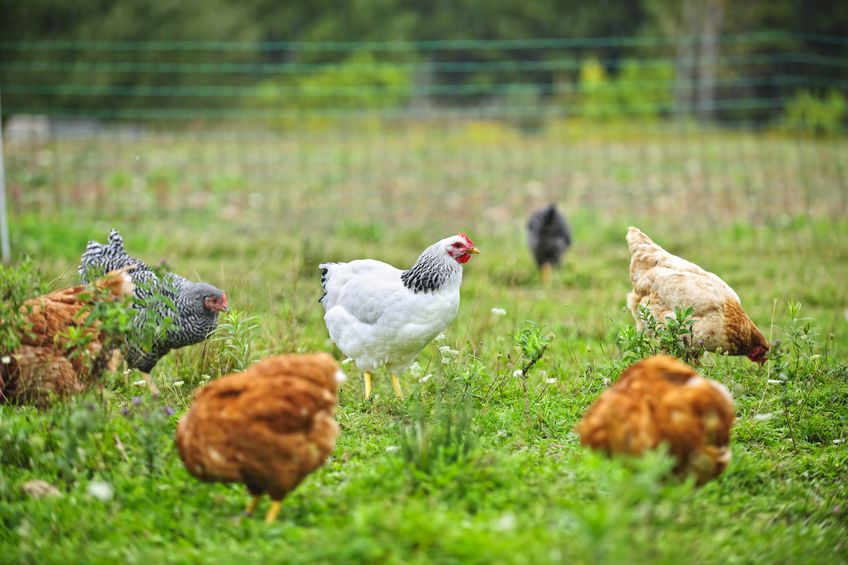
Poultry producers have been reminded of the need for good biosecurity to prevent any potential avian influenza outbreaks this autumn and winter.
The movement of migratory birds in autumn often re-focuses farmers' minds regarding the risk of disease spread from wild birds to the national flock.
Avian influenza is a highly contagious viral disease affecting many species of birds. There are two strains - specifically high path (HPAI) and low path (LPAI).
HPAI is a notifiable disease, with some strains spreading rapidly between birds and has a high death rate in poultry
In contrast LPAI is not notifiable - the symptoms are less severe and it is thought that within a poultry flock, birds will recover over time.
However, LPAI can mutate into HPAI. For this reason, previous outbreaks of LPAI within NI have seen the industry responding by instigating culls to prevent further problems.
The Ulster Farmers’ Union (UFU) has outlined concerns over the past few months about the potential for outbreaks on farms this winter, and the associated implications.
This risk goes beyond the loss of animals and has the potential to negatively affect international trade, the union says.
"With current high incidences of AI in the Middle East and imminent westerly migration to Europe, this perceived risk is significant," the UFU adds.
"However, wildlife tends not to be the sole risk to the poultry industry when it comes to disease. We cannot control migratory bird movements therefore flock keepers must operate biosecure, quarantine farms with strict protocols."
Another risk the UFU is keen to point out is the backyard flock, which has seen an increase in popularity during the Covid-19 lockdown.
But if the flock is appropriately registered and housed, it should not pose an increased risk to the poultry industry, it says.
"Bird keepers have been urged to practice good hygiene and keep sources of food and water in enclosed areas separate from wild birds," the UFU explains.
"Flocks should ideally be kept in a purpose-built enclosed area, that is sufficiently netted to prevent access to wild birds. Stocking densities should be adhered to.
"The UFU poultry committee would like to remind anyone who supplies livestock to backyard flocks, that it would be essential to check that new owners have registered their flock prior to setting up."
